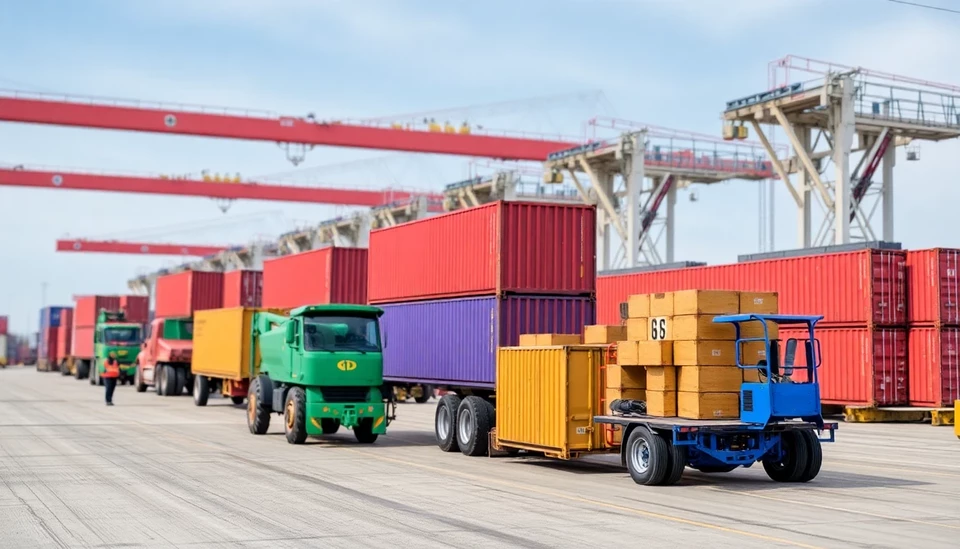
In a groundbreaking shift of geopolitical dynamics, the United States and China have both decided to revoke the Permanent Normal Trade Relations (PNTR) status they had previously granted each other. This unexpected development marks a significant escalation in the ongoing trade tensions between the two economic powerhouses and is poised to have far-reaching implications for global supply chains.
The PNTR status has allowed for smoother trading operations between the two nations by enabling lower tariffs and minimal trade barriers, fostering a mutually beneficial economic environment. However, recent political maneuvers and mounting pressures on both sides have led to the suspension of this pivotal trade agreement. Analysts suggest that this decision is largely influenced by national security concerns and economic competitiveness as the two countries grapple with their own political climates and face pressure from domestic industries.
Following the revocation of the PNTR, both nations are preparing for a shift in trade relations that could involve imposing tariffs on hundreds of billions of dollars in goods. The immediate impact is likely to be felt by businesses that depend on either the Chinese supply chain or American consumers. Many industry leaders are bracing for disruptions that could hinder the flow of goods and driving prices up for consumers who already face inflationary pressures.
The timing of this decision could not be more critical, as it coincides with efforts by both countries to bolster their domestic industries amid a backdrop of rising economic competition. The US, ramping up support for its tech sector, aims to reduce reliance on Chinese manufacturing, whereas China is responding by strengthening its own industrial policies and seeking alternative markets for its exports.
The repercussions of the PNTR revocation could also intensify the ongoing technological race between the US and China. With both nations increasingly directing investment and research efforts into cutting-edge technologies, the loss of mutually advantageous trade relations may result in a fragmentation of technology supply chains. This could lead to innovation slowdowns, particularly in sectors where global collaboration has been critical, such as semiconductors and telecommunications.
Furthermore, the economic fallout from this decision extends beyond just the two countries involved. Global markets could face turbulence as investors react to the uncertainty created by the revocation, potentially leading to increased volatility. Countries that serve as intermediaries in the trade between the US and China, such as those in Southeast Asia, are also likely to experience shifts in their trade dynamics, as goods may need to be rerouted or new supply chains established to adapt to the changing landscape.
Market analysts are already evaluating the potential long-term consequences of this decision, projecting that it may prompt companies to reconsider their dependence on single-source suppliers and bolster corporate diversification strategies. As businesses reassess risk management in their supply chains, we may see an acceleration in the trend of near-sourcing—finding manufacturers closer to home as a protective measure against geopolitical uncertainties.
In summary, the revocation of the PNTR status between the US and China represents a critical inflection point in international trade relations. With the potential for heightened tariffs, disrupted supply chains, and a shift toward more localized manufacturing, the global marketplace is bracing itself for a new era of trade dynamics that could redefine economic landscapes for years to come.
As the situation develops, stakeholders across various industries must remain vigilant and adaptable to navigate the implications of this significant geopolitical shift.
#trade #supplychain #China #USA #PNTRstatus #geopolitics #economy #tariffs #technology #globalmarkets
Author: Rachel Greene




